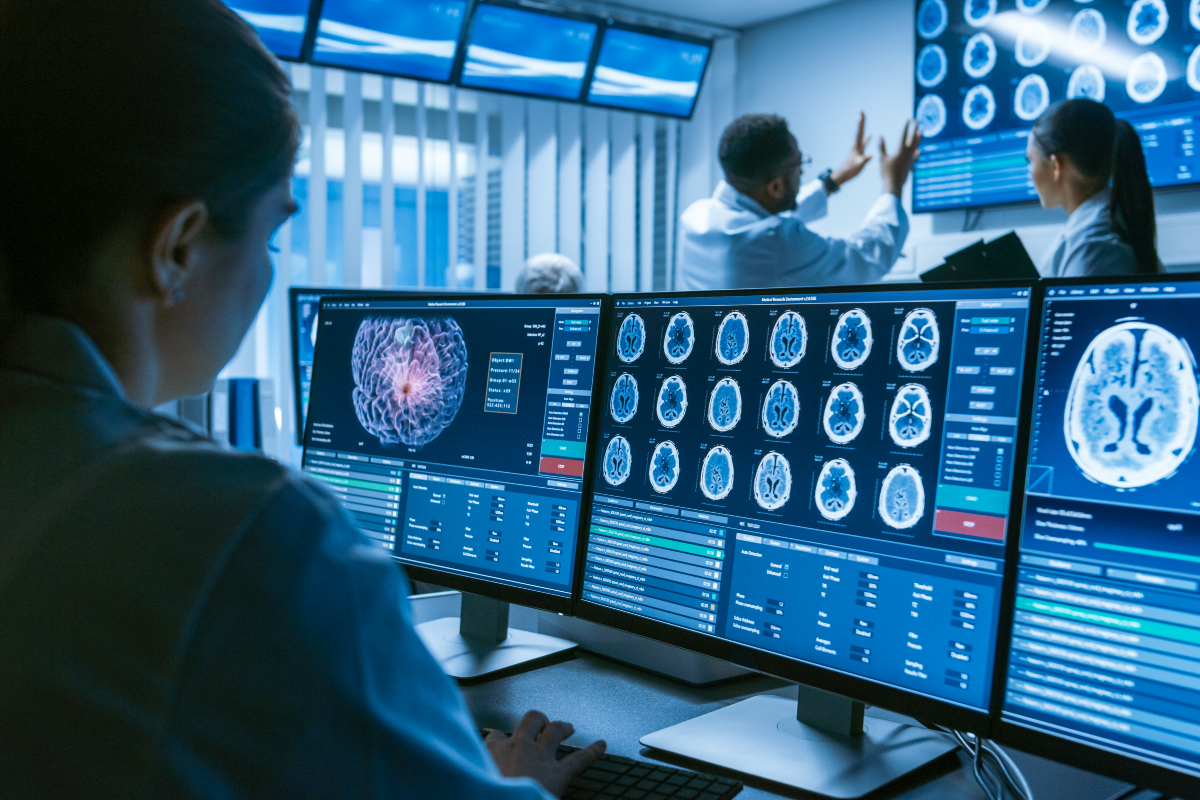Think about it all the events in the brain that occur as a singer begins a vocal warm-up routine. Producing a simple “ah” on one particular note requires the coordination of numerous muscle groups involved, from inhalation to the approximation of the vocal folds and movement of mouth, jaw, tongue, and lips.
Now, imagine the continued coordination of these muscle systems as the singer begins to sing scales with different vowels or syllables, short melodic phrases, and finally an entire piece of music. Depending on the amount of training a singer has, he or she may be aware of the present state of the vocal system at any given moment while singing, either via auditory or somatosensory feedback or even a combination of both feedback types. However, the singer is usually unaware of the neural networks that govern and coordinate all of these muscle groups, or what happens in these networks when auditory or somatosensory feedback notifies the singer of vocal errors, or if feedback is compromised even temporarily. For instance, when a singer initially produces a slightly off-pitch note, how do these neural networks work to correct the error? Perhaps in a choral situation, if a singer cannot hear himself or herself during a performance, what changes in the brain occur for a singer to maintain the intended vocal output? If a singer cannot obtain an accurate sense of the vocal tract via somatosensory feedback, either due to illness or some other reason, how do the neural networks respond?
To produce vocalizations including speech and song, the control of all muscles along the vocal tract (e.g. for respiration, vocal fold motion, resonance changes, and articulation) requires the concerted effort of a vast network of brain regions.
Five years ago we started to discuss this subject with Greg Enriquez and some scientists. Today thinking about the voice from the futurist perspective is one of the main features of Profty. And The Singing Mind Conference is a cradle of the new trend in learning and teaching singing. Because in today's world every teacher is a neuroscientist: not only it dramatically affects their technique, but pedagogy.
NOVEMBER 26-27 CONFERENCE UPDATE:
We have some major updates for The Singing Mind Conference attendees. Because the audience of the conference is mostly voice teachers from all around the world (America, Europe, Asia), it's hard to please everyone's time zone. We came up with a solution to give 48 hours of entry to the conference content to everyone with Basic Access, meaning you can watch our speakers' presentions the whole weekend of 26-27 of November any time.



